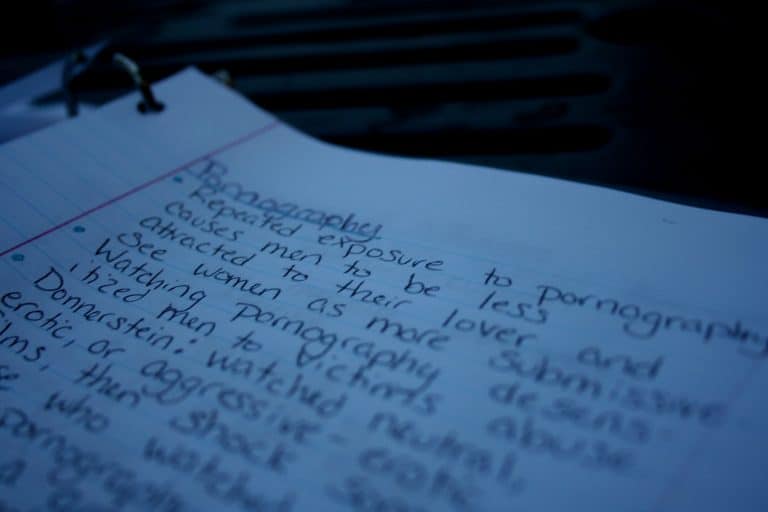What to do if something upsets you
Sometimes young people will see inappropriate, offensive or illegal content online even if they haven’t sought it out. It can pop-up during a game, someone could send you a link, a search can show explicit images or a misspelt word could return unexpected content. It’s hard to know what to do in this situation so Netsafe has developed some…

Sometimes young people will see inappropriate, offensive or illegal content online even if they haven’t sought it out. It can pop-up during a game, someone could send you a link, a search can show explicit images or a misspelt word could return unexpected content. It’s hard to know what to do in this situation so Netsafe has developed some advice to help you.
WHAT IS UPSETTING CONTENT?
You may find content online that could have a negative effect on you. This might be scary images, hateful content, sexual material or illegal material (like age restricted material, extreme violence etc). Offensive or illegal content may include topics, images or other information that could be prohibited in New Zealand. The content can also be upsetting to a young person when they discover it.
IS IT LIKELY THE CONTENT IS REAL?
Some content found online may not be real which means that photos can be altered and stories made up. It may even be illegal e.g., pornography, hate-sites or objectionable material. If you do encounter anything illegal, it’s important that you do not show it or send it to anyone else as this could be against the law. It’s important to get help right away. Netsafe supports people in these situations every day and can advise you on what to do.
WHAT CAN YOU DO IF SOMETHING UPSETS YOU?
Some of the things you see online can be distressing whether you sought it out or heard about it second-hand. Each person will react differently to upsetting online content. Some people may be confused, have trouble sleeping or even be angry. Here’s some tips that might help you:
- It’s okay to be unsure about how you feel about what you’ve seen or read. It can be confusing, and for many people upsetting.
- Think about talking to a trusted adult like a parent or teacher or even a friend. Youthline also have confidential counsellors available to talk to.
- If it’s happened while at school it’s good to talk to a teacher as they may know more information about the content that you’ve seen e.g. your dean or a teacher you trust may have had other students come to them about the same situation.
- Be careful about talking to your siblings or a friend about what you’ve seen. Friends can be a great support, but the content you’ve seen could be triggering or upsetting to them as well. Check in with your friends first to see if they are in the right mindset to support you before talking to them.
- Where possible report the content as it will help keep the content from being seen by other people. You can report to Netsafe, your parent or the social media platform you’re using.
- Talk to Netsafe if you’re not sure about what do about something you have seen online.
HOW TO REPORT ILLEGAL SEXUAL CONTENT OR OBJECTIONABLE MATERIAL
As we covered above offensive or illegal content may include topics, images or other information like age restricted material, extreme violence etc. Objectionable material is illegal for anyone to possess or look at. It includes content which involves children, animals, dead people, cruelty and severe violence. Read more about harmful online content on our website.
Compete the form on The Department of Internal Affairs website to report content that you think is objectionable.
CONTACT NETSAFE
If you’re concerned about the immediate safety of you or someone else, please call 111. If you want help or expert incident advice, you can contact us. Our service is free, non-judgemental and available seven days a week.
- Email [email protected]
- Call toll free on 0508 NETSAFE (0508 638 723)
- Online report at netsafe.org.nz/report
- Text ‘Netsafe’ to 4282
FURTHER SUPPORT
Some of the other people you might want to talk to are listed below:
- Youthline: Free text 234, chat www.youthline.co.nz, email [email protected] or phone 0800 376 633
- Need to Talk 1737.org.nz
- Lifeline https://www.lifeline.org.nz/
KEEP UP TO DATE
Follow us on social media and sign up to our enewsletter for alerts, news and tips.







